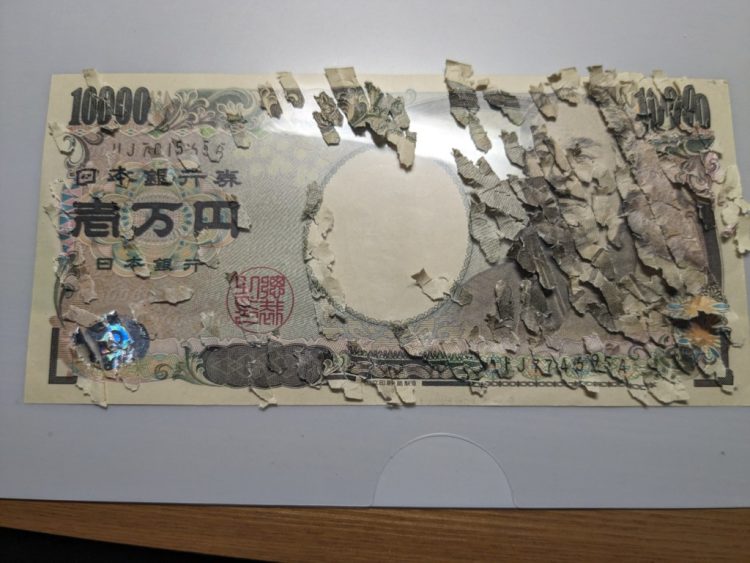Tokyo used to have one of the best nightclub scenes in the world, but all that has changed dramatically ever since the local police started enforcing a very old law that had been ignored for at least half a century. According to this law, commercial establishments cannot host dance parties unless they have a valid license.
In order to obtain such a license, venues must have at least 66 square meters of unobstructed floor space for dancing. They also need to make sure that all dancing stops at 1 am, which the law says is the curfew. Failure to comply with the rules could get club owners into serious trouble, including getting thrown in jail for weeks, or having their businesses closed down.
“Dancing is not a crime,” pointed out Ryo Isobe, a music writer from Tokyo. “But the current situation can easily make people believe that dancing is a crime. Under this law, there are almost no legal nightclubs in Japan. All-night dance parties are against the law.”
And that’s where the problem lies. Since it wasn’t enforced for so long, no one really knows about the existence of such a law. But the police have been quite ruthless so far – they’re enforcing the law with an iron fist, raiding clubs and rounding up anyone in breach of licensing regulations.
“Originally this law was brought in after World War II to regulate prostitution in dance halls. But the law has never changed and the police have started to enforce it after all these years,” said Yukata Fukui, a nightclub manager.
Masatoshi Kanemitsu’s small Osaka club was raided by 45 policemen who lined his 20 patrons up against the wall. “I was arrested and taken to the police station,” he said. “They wanted me to admit that I’d let people dance without a license. Then the police raided my home. In total, I was kept in custody for 22 days. They asked me several questions, such as whether I was involved in organised crime. They also asked me about drugs.”
According to critics, the reason for the bizarre change in the police force’s attitude is that they’re trying to use the decades-old law to crack down on gangsters. This way, they don’t need to waste time getting warrants for drug searches. Unfortunately, it’s not just nightclubs that fall under the radar with this strange law. Independent dance schools are also among the affected.
“Under this law, dance schools are not allowed to operate unless we obtain accreditation from the official body,” said George Takahashi, a tango teacher. “But there are no official tango bodies to give us accreditation, so we are not supposed to be operating.”
The police are said to specifically act against some of the dance styles taught in these classes, because there’s “a possibility that the pleasure-loving atmosphere between men and women could become excessive.” So George and other operators of dance schools are now living in constant fear of a police raid, even though their middle-aged students are hardly prone to sudden flashes of unrestrained passion.
“Dance is meant to be good for men and women to become closer,” said George. “It helps with relationships. Dance is a free thing and a natural part of life.”
Many Japanese consider the enforcement of this old law to be an insult to their love of dancing. “I think it’s a ridiculous and outdated law,” said Isobe. “What’s wrong with having a pleasure-loving atmosphere between men and women?” Kanemitsu agrees that the law is completely ridiculous. “It’s about the police showing off their power. I think people overseas will regard Japan as stupid.”
Absurd or not, several venues across Tokyo have now posted ‘no dancing’ signs, and some are even sending their staff onto the floor to request customers to stop moving to the music. The word ‘dance’ has pretty much vanished from all advertising copy, and nightclubs are now calling themselves ‘entertainment spaces’.
But a few creative nightclub owners have actually come up with great ways to get around the law. Like this one place called Asakusabashi Tensai Sansu Jyku, where they realised that there’s no law against kneading. So they created an event called ‘Techno Udon’, where patrons get to stomp on plastic dough-filled bags (in time to music, of course). The dough is then cut up and boiled to make udon, a thick wheat noodle. So technically, they’re not dancing, they’re just making noodles!
Sources: ABC, Kawaii Kokkoi Sugoi









